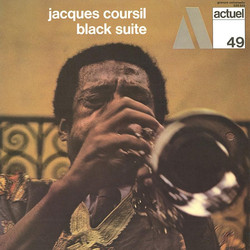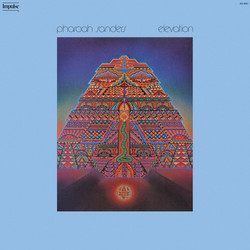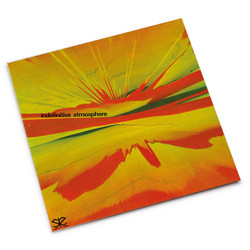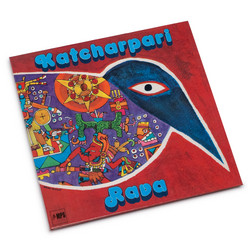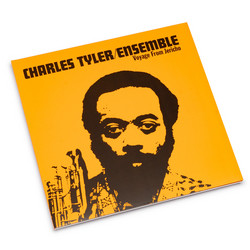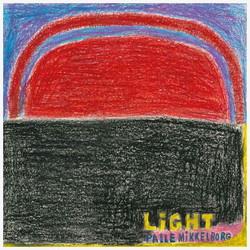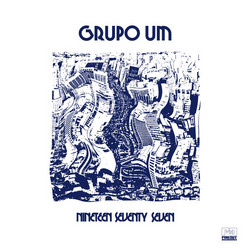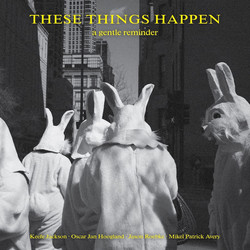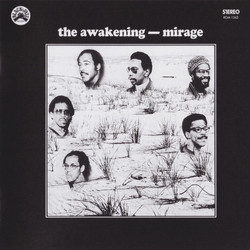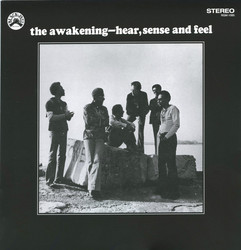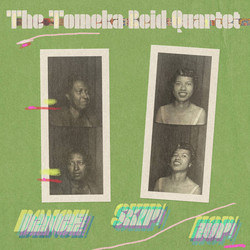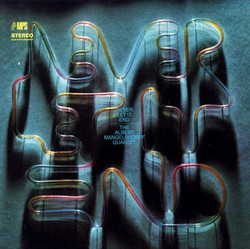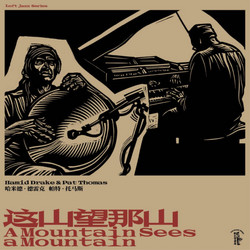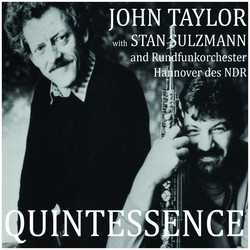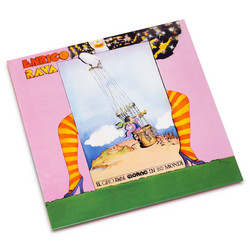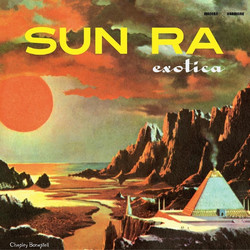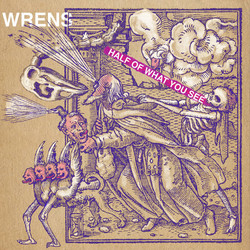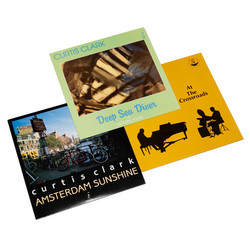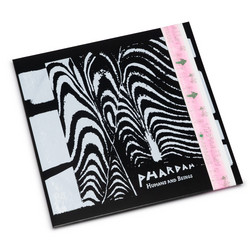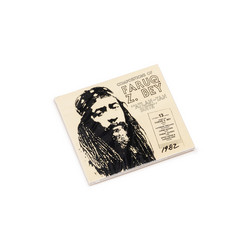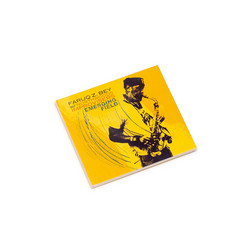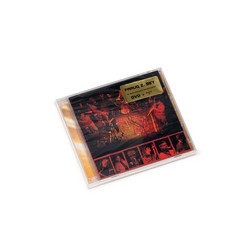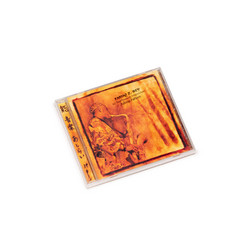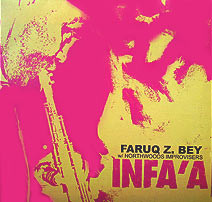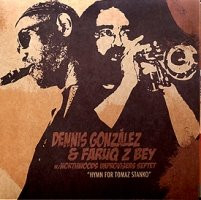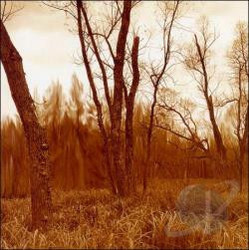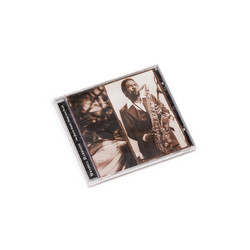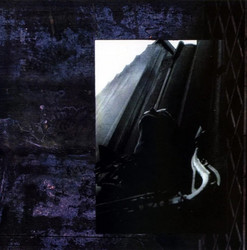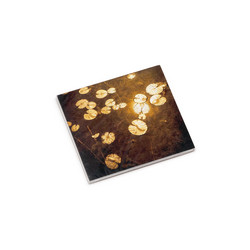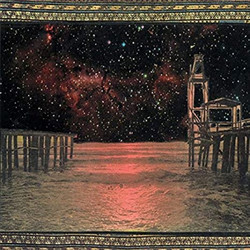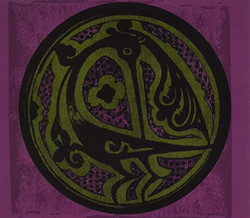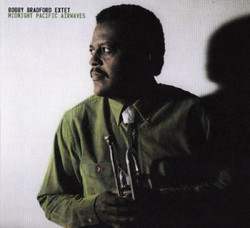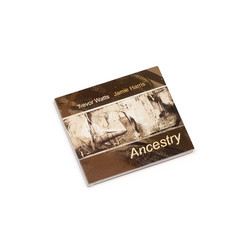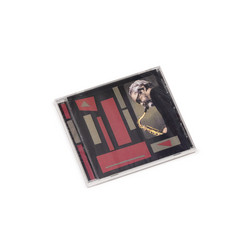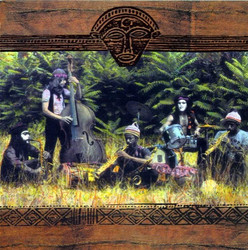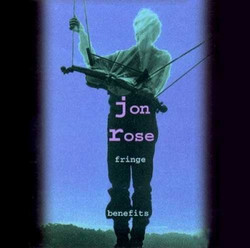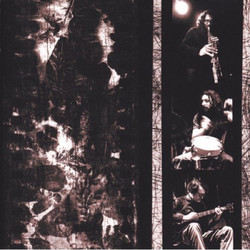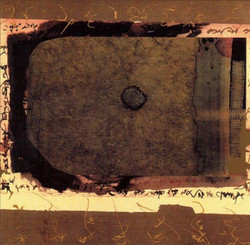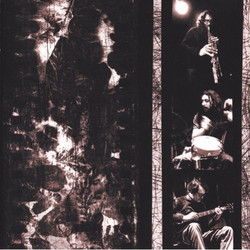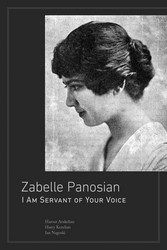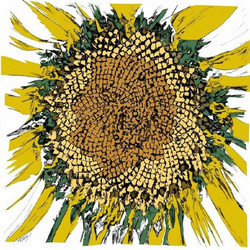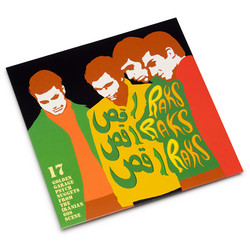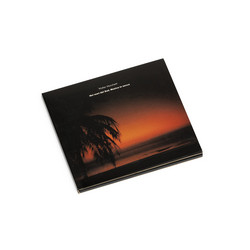2010? release (VERY RARE!) ** Faruq Z. Bey - poetry, voice, alto sax, tenor sax; Mike Carey - reeds; Skeeter Shelton - reeds; Len Bukowski - contra-alto clarinet; Mike Khoury - violin; Mike Gilmore - vibes, percussion; Mike Johnston - bass, gongs, percussion; Nick Ashton - drums, percussion.
What to do with the poetry audio album? There are many of these out there over many decades by poets both famous and not so much. In fact, many of these are recorded by poets onto their laptops and then sold at poetry readings all over. This one is a collection of readings across five years, many from concerts, some from studio setups. All of it features the backing of various Northwoods Improvisers and affiliated band members. Save for Faruq, there aren't solos here, and it does need to be considered first as a poetry album and then for the (mostly) atmospheric backing that it receives. Those expecting short poems being read to a receptive audience are definitely out of luck, but trust me when I say it's a good thing. The shortest of these is 3:48 while the longest is just over 10 minutes. The music also varies a bit throughout, though it exists first and foremost to support the poetry. The audio quality dips a bit here and there due to the varying source recordings but give mixer (and bassist) Mike Johnston some serious credit for his work here. It could be presented as one reading and be pretty believable. Some of these poems come from various concert recordings ("Resolution", "Crouching Stan-Lee", "Wrought in Cold Iron", "Muzimu"). Others were recorded for "Ashirai Pattern" but not released at the time ("Lizard Brain", "Spooking in Tongues"). Many are from a 2005 home session that resulted in three poems that are on the DVD part of "Into the Valley" ("Godel's Theorem / Curl of the Butterfly's Tongue", "Now's the Time", "Trilogy @ Mathnawi", "Ayler", "After Death"). Yes, the disc itself was at the request of Faruq who wanted something to sell at his poetry readings (in that regard, it's similar to other poetry albums). But it's so much more than just that. Again, most of the music is creating texture and atmosphere to support Faruq as he recites, but to hear some serious funk grooves (even a touch of hip hop in the vocals?) head to "Spooking in Tongues". To those dreaming away to the sounds that came before, this is a wakeup call. One piece, the longest on the album, uses Charles Mingus' "Goodbye Porkpie Hat" to go behind a poetic diss on free jazz Benedict Arnold/Marsalis supporter Stanley Crouch, who dissed Coltrane in an article for his later free playing. It is also worth noting that the Jazz Times article was one of the offenses that led to Crouch's firing in 2003 (there's also his insistence on using the term "Negro" as in "country Negro" over African American or Black). Yet, should we censor Crouch if this is what he truly feels? Thankfully, the poem doesn't go there. Faruq is basically in prose, leading more of a screed against Crouch and a defense of Coltrane and his acolytes in a poetic reading style. And you know what, it works great. Right after that is "Now's the Time", which features Eastern and Middle-Eastern sounds over a fantastic poem. Wildest is "Trilogy @ Mathnawi", which features sections from his translation/reinterpretation of the Rumi poem as featured on "Ashirai Pattern" as well as new additions (hence, "trilogy"). Here, there are effects on the sax and, especially, Faruq's voice. Check out for instance, Faruq's deeply distorted voice acting like a demon behind his regular voice towards the end. Wild stuff. There's also the meditative state that "Ayler" puts one in. Against peaceful vibe and bass music (composed by Johnston), Faruq reaches out to Albert Ayler, lifting the poetry up to all he did before moving into a lift that is more surrealistic but not at all out of place. But how's the poetry, one might ask. After all, this is a poetry forward recording even if some of tracks are kind enough to give us Faruq blowing for a few minutes, mostly low and methodical, though once getting into some overblowing on the alto. The poetry features everything from Egyptian imagery to imagistic layouts to civil rights points often made in a surrealist fashion, and so on. It's all good, but it's also part of the music, truly making this a unique recording that should be better available as it's critical to understanding Faruq the artist. The final "poem" is a version of "After Death" (one of my very favorite Faruq compositions) played on tenor as Johnston backs it with various gongs. Amazing, and a reminder of what brought us here in the first place.
